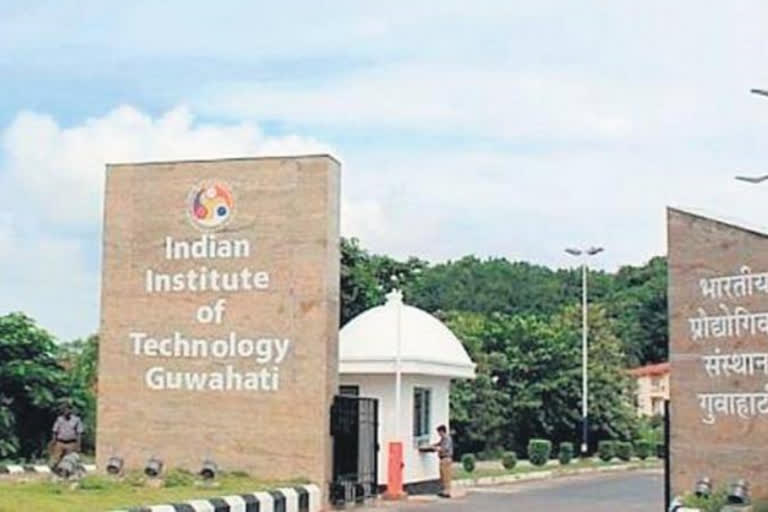New Delhi: Researchers at the Indian Institute of Technology (IIT) Guwahati have developed hybrid pervksite solar or photovoltaic devices to produce electricity from sunlight, which are highly efficient, cost effective, easy to manufacture and easily recyclable, according to officials.
These devices were developed achieving power conversion efficiencies beyond 21 per cent by utilising economical solution-based photovoltaic device processing techniques at mild room temperature and realising high ambient, thermal and optical stability, they said.
A Perovskite Solar Cell (PSC) is a type of solar cell which includes a perovskite-structured compound, most commonly a hybrid organic-inorganic lead or tin halide-based material, as the light-harvesting active layer.
Parameswar K Iyer, Professor at the institute's Department of Chemistry and Centre for Nanotechnology and School for Health Science and Technology, under whose supervision the research was conducted explained that the PSCs research has experienced tremendous attention due to their exponential growth in terms of efficiencies achieved within a decade. However, the perovskite materials are extremely unstable towards ambient (humidity and oxygen) conditions that restrict their commercialisation.
"Organic-inorganic hybrid PSCs have experienced rapid growth in terms of efficiency and stability due to the development of highly efficient functional materials combined with careful device engineering. The materials design can be tailored at the molecular level whereas the fabrication process is printable and solution-based, making the overall solar cell development process economical and scalable," he said.
Also read: India launches its first centre for research on drone tech in IIT-Guwahati
"These results obtained from perovskite solar cells have performed well beyond the commercial inorganic solar cells panels which are available in the market presently. Also, these small and large area devices performances are among the best results achieved using these classes of perovskite materials. Therefore, the strategies being developed have the potential to address the renewable energy challenges regarding the large-scale commercial fabrication of efficient and stable solar panels," added Iyer.
According to the team, among all the renewable energy sources, the energy from the sun is considered to be the most sustainable due to its ample availability on the surface of the earth. Currently, inorganic solar cell (Silicon-based) is a major player in the market. However, this technology requires high-temperature processing that results in the high price of solar panels. Further, the recycling of solar panels is hazardous and complicated.
PTI



